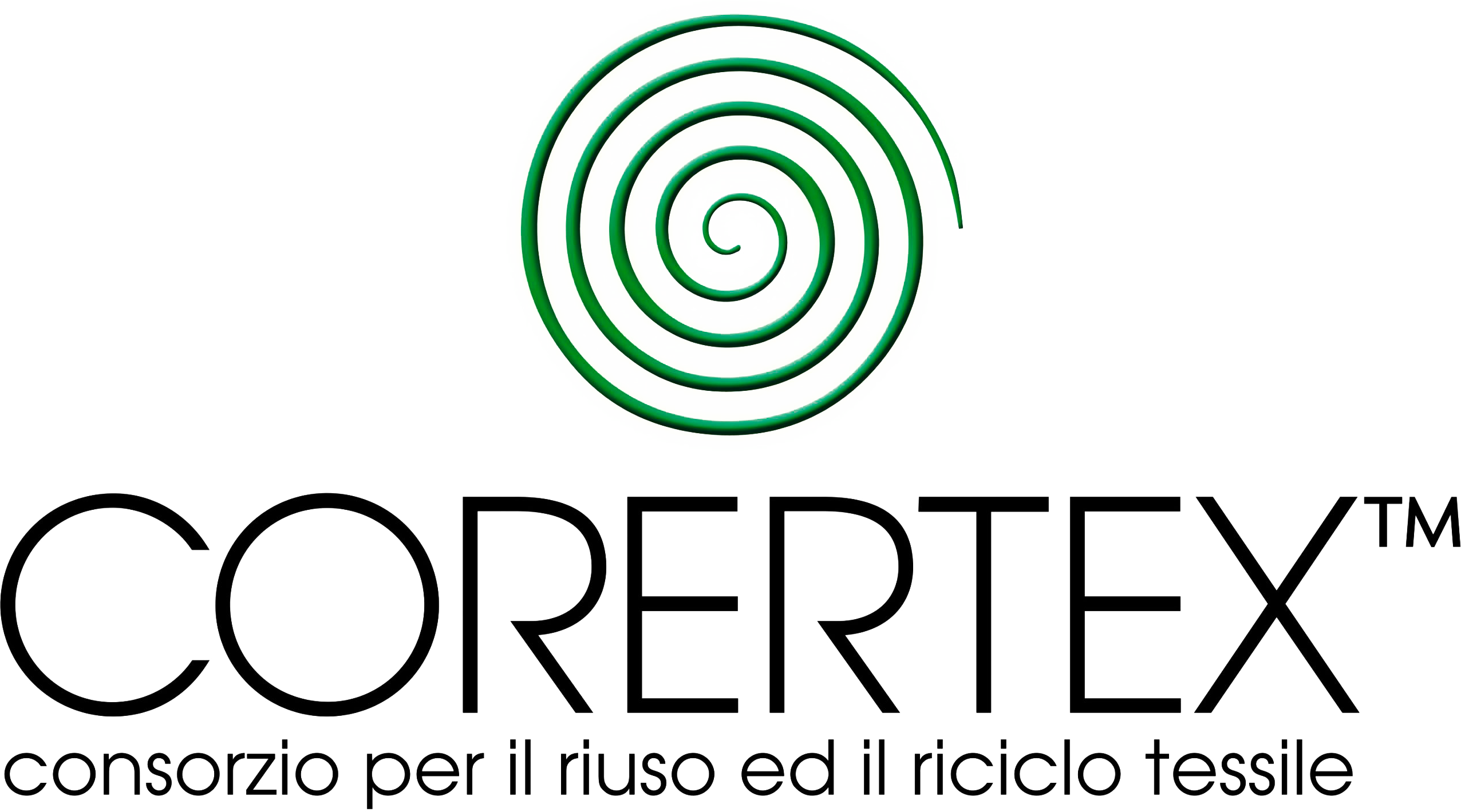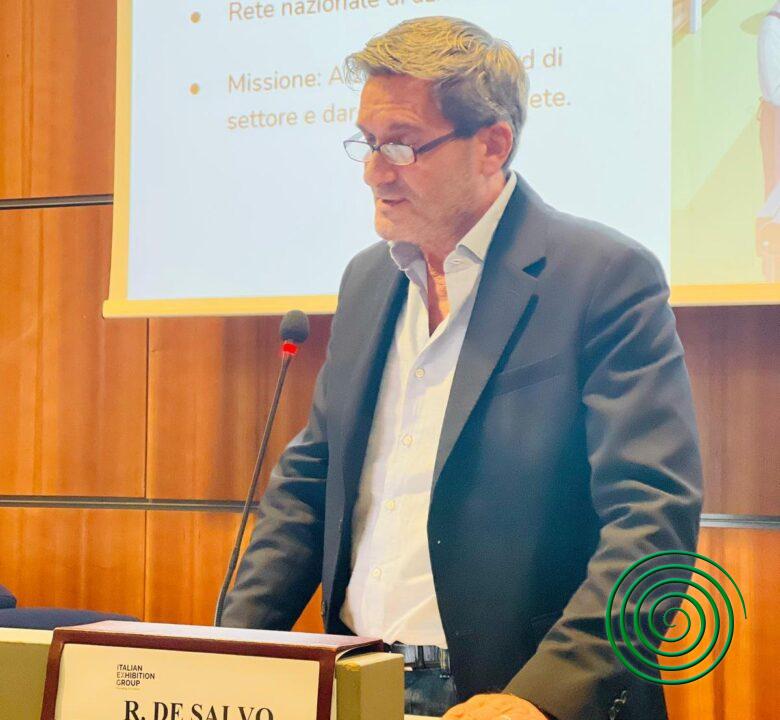
Textile Waste Crisis: Corertex Warns of Strike Risk Without Concrete Solutions from MASE
September 3, 2025
Textile Sector: Prato District Submits a Unified Document to Minister Pichetto Fratin – “Support Reuse and Recycling from the Core of the Supply Chain”
October 7, 2025
Corertex at the Ministerial Roundtable on the Textile Waste Collection Crisis: Urgent Requests to Add Value to Textile Scrap
Why the Issue Is Becoming Critical
The Corertex Consortium, a leading entity in textile reuse and recycling, has been summoned to the national ministerial roundtable to address the crisis in textile waste collection. The situation has reached a tipping point: though large volumes of used garments are collected, their organized valorization is under severe strain, with consequences for the environment, businesses, employment, and local sustainability.
The District’s Demands
Corertex presented the Ministry with a set of necessary measures to keep the system operational, emphasizing that concrete interventions cannot be delayed:
• A Financial contribution specifically for those who add value to textile waste to cover operational costs—collection, sorting, transport—and to buffer market fluctuations.
• Incentives for material quality, since cleaner, better sorted textiles greatly increase chances for reuse or efficient recycling.
• Clear and stable regulations for the textile supply chain: reducing ambiguity regarding responsibilities, technical requirements, and administrative procedures.
• Support in logistics and infrastructure for treatment facilities, collection centers, and local operators: enhancing the existing network to prevent bottlenecks and reduce collection and disposal times.
Consequences If No Action Is Taken
Corertex warns of real risks should these measures not be implemented:
• Activity cutbacks by operators unable to cover their operational expenses.
• Increased volumes of textile waste that go unvalorized, leading to negative environmental effects.
• Job losses and a system that rewards only those with sufficient resources to rapidly adapt.
Towards a Shared Solution
Corertex seeks not only to be heard but to see its proposals integrated into a national textile management plan. The Consortium calls for a collaborative pact among institutions, businesses, and local communities: only through such partnership can textile collection be efficient, sustainable, and give true value to waste—rather than merely disposing of it.




